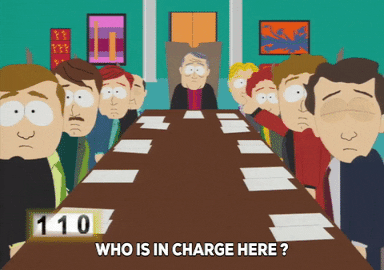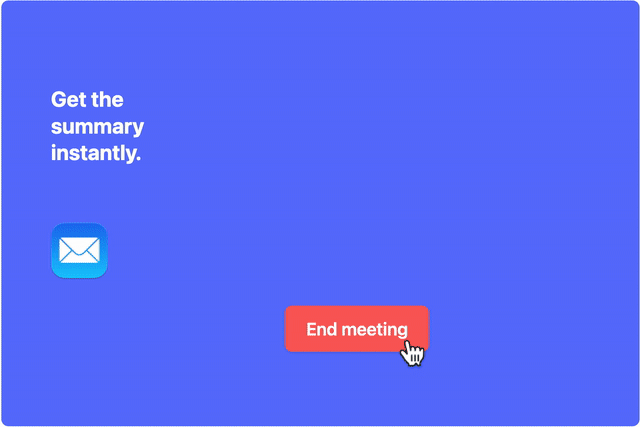Fantastic meeting outcomes and where to find them

If you've ever felt like your time in a meeting was wasted, you're certainly not alone — research shows that approximately 71% of meetings are unproductive.
There are typically 2 culprits of meetings spent doodling and scrolling social media:
- Lack of an agenda
- No clear outcomes addressing the problem you're trying to solve
If you're running into the first problem, go read our post on making great agendas. And if that's not working, then it's time to talk about why outcomes are useful, how they should be written, and how to make sure they're followed up on.
Why do my meetings need outcomes?
Unless you're just making time to catch up with a coworker (which should probably just be a casual hangout), or sharing an update (which should probably just be an email), your meeting is going to have outcomes - whether you track them or not.
There's nothing worse than having a great conversation that's full of "wouldn't it be great ifs" and "I bet we coulds" that you leave feeling on cloud 9, then dive right into your next meeting, only to realize all of your brilliant billion dollar ideas have disappeared as quickly as they came to you. Alas, another great shower thought, down the drain.
The truth is, no matter how excited you were about creating Uber for dogs, unless you get to writing it down and creating a plan, it's not going to happen. When you recognize the importance of outcomes, life starts to feel like a warm summer day when you've got the windows down day with the wind blowing through your hair...

How should I record meeting outcomes?
When an outcome comes up, you'll want to do your future self a favor and make sure what you write captures your idea in a useful way.
First, make sure someone is assigned as an owner, because if no one is in charge or making something happen, it's probably never going to get done.

Second, write the outcome clearly enough that someone who wasn't in the meeting would be able to understand what it means. That way when you're looking at it again after the weekend, you're not scratching your head wondering exactly what you were meant to be working on.
Third, make sure what you've written is something you can take action on in a reasonable amount of time. This usually means that if you identified a big project that needs to happen, you'll need to take the time to break out the outcomes into smaller chunks.
What's the best way to make sure meeting outcomes aren't forgotten?
So you're on a roll, dropping unique ideas that are going to change the future of canine transportation (yes we're still talking about Uber for dogs) forever. Your outcomes are clear and actionable, and they all have an owner. But... without a good tracking system, all of your hard work will simply disappear into the void, never to be heard from again.
You probably know this situation all too well if you're still using Google Docs for your meeting agendas — at each meeting, you look at last week's outcomes and think about how you probably should have done them, but other things kept coming up. Your life is now a Sisyphean nightmare of work to-do lists that never go away.

Thankfully, there is a solution. If you're using a tool like Sesh, you'll be able to record and assign outcomes at any point during your meeting. They'll be automatically emailed to everyone along with a summary once the meeting has ended, and they'll be trackable in your meeting history until they are completed.

Good meeting habits = better workdays
On average, people spend 30% of their time in work meetings — and half of those meetings are considered to be wasted time. Now more than ever, we need to be looking at ways to improve our meeting habits so people can get their work done, and feel good about their day.
Here at Sesh, we're all about turning every meeting into time well spent, and having good outcome hygiene is a great way to keep your meetings ✨ fresh ✨.

